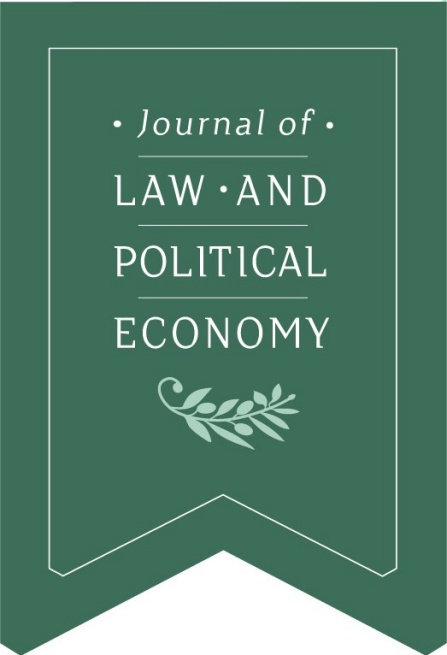
Regulation’s Role in Geographic Inequality
For decades now, we have been in an era of geographic divergence, with “superstar” cities and certain regions capturing growth, while others fall behind. Dominant explanations for this phenomenon focus largely on inexorable economic forces, such as globalization or the benefits of concentrating talent. Yet these explanations leave out a critical factor: the effects of specific regulatory choices on economic geography. From the Progressive and New Deal Eras through roughly the 1970s, the United States had a system of structural regulation in transportation, energy, communications, and banking that was designed to disperse economic activity. Deregulation naturally had the opposite effect: it concentrated economic activity and growth.





